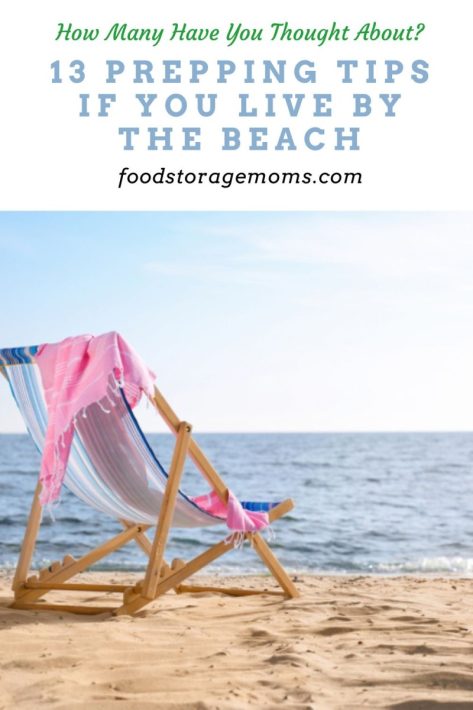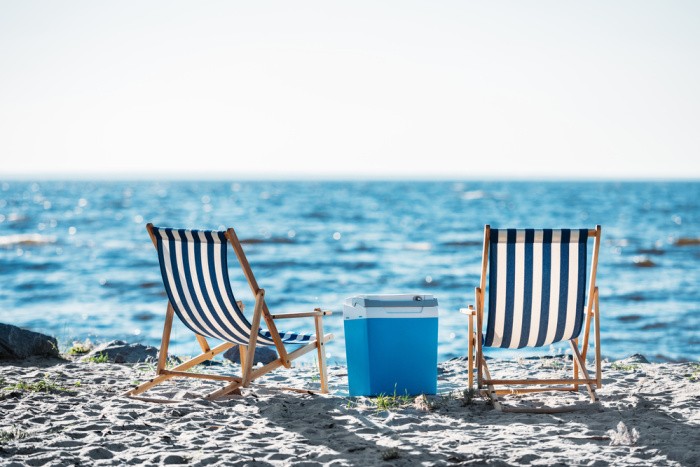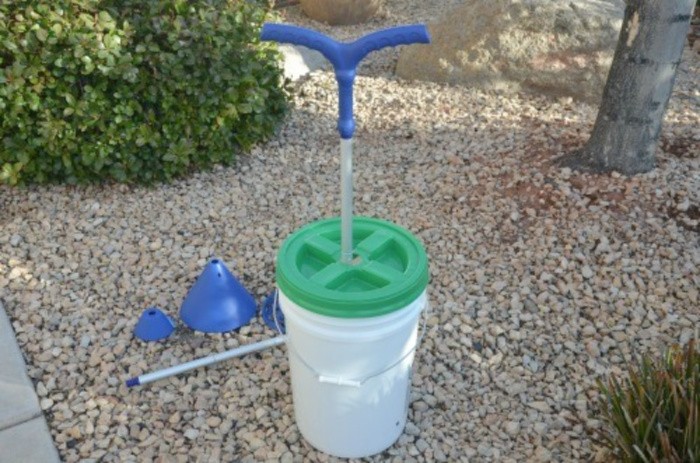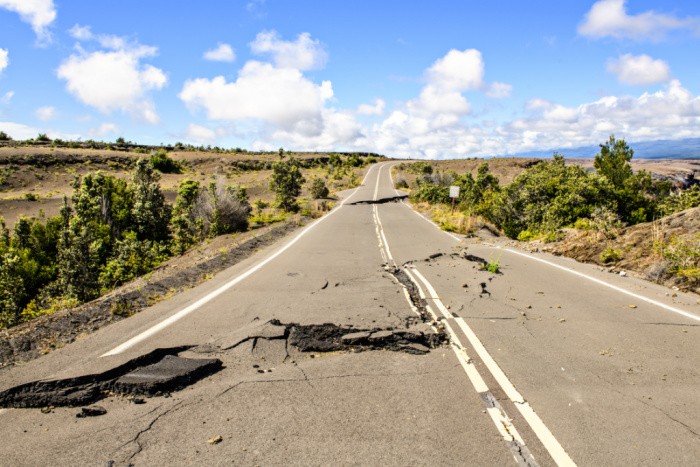13 Prepping Tips if You Live By the Beach
Living by the beach is a dream come true for many people. The sun, sand, and surf are all at your doorstep, providing endless opportunities for outdoor activities and relaxation. However, living near the coast can also come with its own unique set of challenges when it comes to prepping for emergencies. My daughter lives in Southern California by the ocean, when I drive near the ocean there are signs everywhere that say WARNING: Be prepared for a tsunami. I literally had to take a double take, we turned around so I could read the sign again.

Prepping Tips If You Live By the Beach
I want to explore some prepping tips specifically tailored for those who live by the beach. It’s not just another beach getaway trip when you live by the beach, it’s real life! And we have to prepare for our real-life conditions based on where we live!
1. Have a plan for hurricane season
Hurricane season typically occurs between June and November, and those living by the beach in places like Florida are at a higher risk of being affected by these storms. It’s important to have a plan in place in case of a hurricane, including knowing evacuation routes, having a stocked emergency kit, and securing your home to help prevent damage. Keep an eye on weather reports and alerts from local authorities so you can be prepared well in advance by securing things like beach umbrellas, beach toys, patio furniture, and other items that are usually left outside.
During these storms most grocery stores and big box stores are closed, so plan ahead for things you’ll still need during the storm. Many of these items should be in your emergency kit mentioned below. That might include toiletries, non-perishable foods like canned goods, rice, and pasta when the power goes out and you need ingredients for those special recipes as part of your meal prep planning, etc. Those canned goods should include things your family will eat like canned meat for protein, veggies, and fruits. Don’t forget some special treats your family likes.
Have coolers ready to go with ice packs or dry ice so you have a place to put those items that were in your fridge or freezer. Also, have communication devices charged and have alternative means of communication gear like walkie-talkies and a crank radio so you can stay on top of weather forecasts.
- 5 Last-Minute Easy Hurricane Preparedness Tips
- Hurricane Items You Must Have Before It Hits
- Be Prepared for a Hurricane
2. Keep a well-stocked emergency kit
This is important for any emergency situation, but especially for those living by the beach. Your emergency kit should include items such as non-perishable food, water, a first aid kit, flashlights, batteries, sunscreen, extra clothing and outfits that meet the current family needs, and a radio. Keep your emergency kit in a waterproof container and make sure it’s easily accessible in case of an emergency.
- What Are 20 Basic Items in an Emergency Kit?
- Types of Birds Safe to Eat in an Emergency
- What Do You Really Need in Your Emergency Kit?
3. Protect your home from flooding
Living near the beach means you’re at risk for flooding during storms and high tides near tide pools. To protect your home from flooding, consider installing flood vents, waterproofing your basement or crawl space, and elevating those precious things in your home like photos, important papers, and other critical items, if possible. Make sure your insurance policy covers flood damage so you’re not caught off guard in case of hazards from a disaster. If you are living in a warmer climate and by the water that means more threats of flooding! Summer vacation is nice by the beach, but you also have tropical storms to worry about!
4. Learn basic water safety skills
Being near the coast means you have access to the ocean, which can be both fun and dangerous. Make sure you and your family know basic water safety skills such as swimming, how to recognize rip currents, and how to use flotation devices. If you have a boat, make sure you know how to safely operate it and have all necessary safety equipment on board. Also, have a way to secure that boat for those severely windy days. If you’re new to beach living, be sure to research the best tips for water safety and learn important prepping tips that come with living by the beach.
5. Stay informed about beach closures and water quality
Beaches can sometimes be closed due to dangerous conditions such as high bacteria levels in the water. Stay informed about beach closures like the ones recently announced near Boston, and learn about water quality so you don’t put yourself or your family at risk. You can usually find this information on local government websites or by following local news outlets.
6. Have a plan for power outages
Living by the beach means you’re more likely to experience power outages during storms or other emergencies. Make sure you have a plan in place for these situations, including having backup power sources such as generators or solar panels. Keep important electronics such as phones and laptops charged and consider investing in a portable phone charger.
- What to Do With Food When the Power Goes Out
- Power Outage: What to do Next
- What You Will Need If the Power Goes Out
7. Consider joining a community emergency response team (CERT)
If your community has a local emergency response team, consider joining and taking the required classes to help prepare for and respond to emergencies. These teams can provide valuable resources and support during disasters, and also give you an opportunity to connect with others in your community who are also preparing for emergencies.
- How To Join A Community Emergency Response Team
- Types of Emergency Preparedness
- Are You Prepared for a Medical Emergency?
8. Have a plan for your pets
If you have pets, make sure they’re included in your emergency plan. This includes having enough food, water, and medication for them, as well as a designated evacuation plan that includes them. Remember, many emergency shelters don’t allow pets, so it’s important to have a backup plan in place if you need to evacuate with your furry friends. What to do With Your Pets in an Emergency
9. Protect your home from wind damage
Living by the beach means you’re more likely to experience high winds during storms. To protect your home from wind damage, make sure you have storm shutters or impact-resistant windows installed. Trim any trees or shrubs near your home that could potentially fall on your home or be blown through windows during a storm.
10. Invest in a weather radio
A weather radio is a battery-powered device that alerts you of severe weather conditions such as hurricanes, tornadoes, and floods. These radios can provide valuable information when other forms of communication may be down during an emergency. After an extended period of time, you’ll be able to realize you made a good investment in a weather radio!
11. Have a plan for communication
During an emergency, communication systems may be down or overloaded. Make sure you have a plan in place for communicating with loved ones, including a designated meeting spot and a backup communication method such as texting or social media. A little preparation can go a long way!
12. Know your neighbors
Getting to know your neighbors can be invaluable during an emergency. Not only can they provide emotional support, but they may also be able to provide resources or assistance during a crisis. 10 Ways to Get to Know Your Neighbors for Prepping Purposes
13. Practice your emergency plan
Having an emergency plan is important, but it’s equally important to practice it regularly. This helps ensure that everyone in your household knows what to do in case of an emergency and can help prevent panic or confusion during a crisis.
What are some other things you MAY need if you live on the beach?
- Water bottles and plenty of water
- Cell phone
- Emergency kits
- Plastic bags
- Insurance companies’ contact info
- Smoke detectors
What do you need for fun if you live on the beach for a beach holiday?
- Beach towels
- Beach bag
- Beach tent
- Beach tote
- Beach Blanket
- Healthy snacks
- Lip balm
- Different sunscreens
- Swim diaper(s)
Final Word
Living by the beach is a wonderful experience, but it’s important to be prepared for emergencies that can arise. By following these additional prepping tips, you’ll be even better equipped to use common sense and handle any situation that comes your way. Remember, preparation is key when it comes to staying safe and protecting your home by the beach. Take the amount of time necessary to plan ahead for challenges that may come your way. May God Bless this World, Linda
Copyright Images: Beach with Chaise Lounges Depositphotos_202590858_S, Beach with Lounge Chair and Pink Towel Depositphotos_298309234_S






















Linda,
Roughly 80% of the world’s population lives in coastal areas. So let’s add having an escape route from tsunamis to the list.
Hi Ray oh wow, 80%?? I didn’t know that! My daughter lives in California and there are signs every where to be prepared for tsunamis!! Adding it right now! Great reminder! Linda
I had no idea Tsunamis happened in various parts of the world, I figured it was a far away thing.